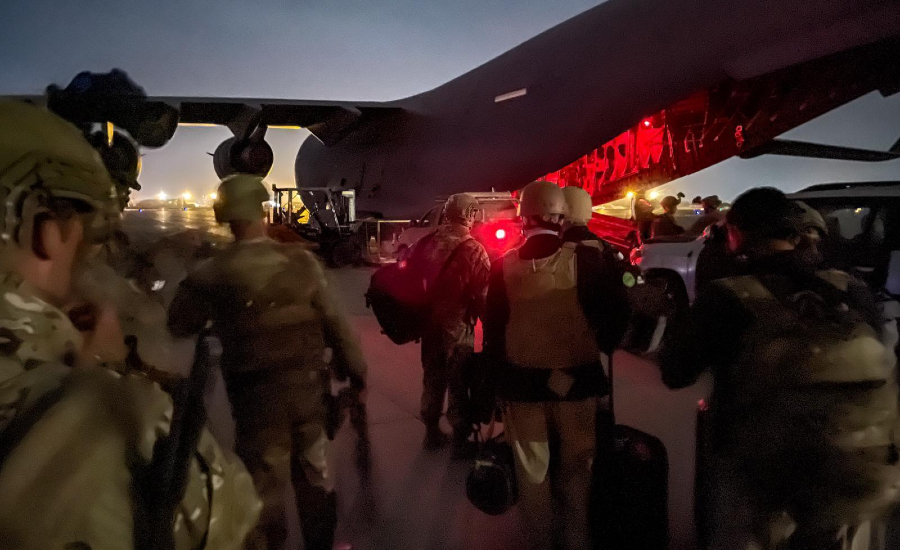-

The Historian’s Approach to Understanding Terrorism
Historians' knowledge of primary sources, contextual nuances and contingent events show that they have much to offer scholars and policymakers working on terrorism. -

Finding the Appropriate Balance of Risk in Over-the-Horizon Strikes
Now that Afghanistan is no longer an area of active hostilities, strikes should be subject to the standard of near certainty. -

Canadian Foreign Intelligence and the Future of Canada-U.S. Relations
Canada is rethinking its approach to intelligence gathering and analysis and prioritizing its own national interests. -

Over-the-Horizon Does Not Have to Mean Next Door
The United States has a range of options for its new Afghanistan policy. -

The Taliban Haven’t Changed, But U.S. Policy Must
Officials whitewashing the Taliban as a responsible diplomatic party are getting the organization wrong. -

What Kind of Safe Haven Is Afghanistan?
Al-Qaeda will now have a more permissive environment in which to operate, but the precise context will be important for the U.S. policy response. -

Why Right-Wing Extremists Love the Unabomber
White supremacists and other far-right ideologues are drawing inspiration from Ted Kaczynski's anti-technology manifestos. -

Recalibrating U.S. Counterterrorism: Lessons Learned From Spain
Spain's close counterterrorism cooperation with Morocco provides a model for effective international efforts to prevent terrorist attacks. -

The Big Unanswered Question of the Afghanistan War
Does the United States still have the grit necessary to fight and win long wars? -

The Assad Regime’s Business Model for Supporting the Islamic State
The Syrian government got off the hook for facilitating the terrorist group's rise and funding its operations. -

Thinking Long Term About the Future of Afghanistan
The presence of international terrorist groups may grow in the months and years ahead, but there are steps the United States can take to mitigate the risks. -

Ransomware Lessons for a Nation Held Hostage
Cyberattacks present unique challenges, but governments and businesses can learn from other forms of hostage-taking.
The upcoming main navigation can be gotten through utilizing the tab key. Any buttons that open a sub navigation can be triggered by the space or enter key.
















